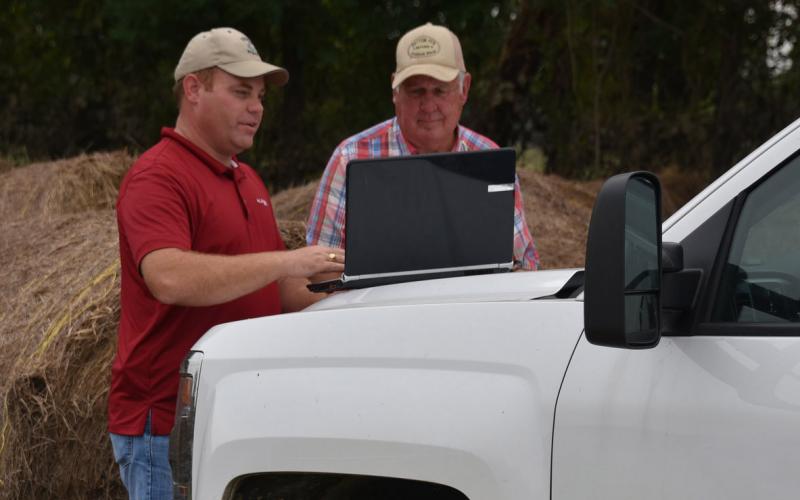
Money Mentors are certified volunteers trained to provide group and one-on-one financial education in South Dakota communities. This program will aid in building financial capability for South Dakotans.
Qualifications
Anyone can become a Money Mentor volunteer. Knowledge or experience in financial planning is not required. You just need a desire to help people improve their financial well-being and:
- Be over the age of 18.
- Have good communication and interpersonal skills.
- Possess the ability to work with individuals in a respectful and nonjudgmental manner.
- Maintain participant confidentiality and trust.
- Have access to email, telephone, and transportation.
- Devote time to attend all training sessions and volunteer commitments.
- Commit to following South Dakota State University Extension’s research-based financial education strategies and recommendations.
- Comply with South Dakota State University volunteer requirements.
Training Requirements
Individuals who are interested in volunteering will complete approximately 30 hours of training. Content training on the Your Money Your Goals toolkit is provided online through the SDSU Traininghouse platform (15 hours). This portion of the training will be completed individually. Additionally, 15 hours of virtual training will be conducted over 10 weeks. This training will cover content on working with audiences, communication skills, ethics, and requirements to be a volunteer for SDSU Extension.
An application, interview, and background check are required before being accepted as a volunteer.
Volunteer Commitments
Following the training, each volunteer agrees to complete 15 hours of service annually (group and/or one-on-one financial education). During the year, 10 hours of continuing education is also expected.
Cost
A one-time fee ($50) helps cover training and material costs.
One-on-one financial education assistance
Money Mentors are available to assist individuals with personal financial issues, including:
- Budgeting
- Establishing financial goals
- Building savings
- Managing Credit
- Dealing with Debt
As a participant, you can meet one time (for example, if you have a few questions about money management) or you can commit to meeting via phone or a virtual communication mode at least once a month over four months.
The goal for each meeting is to determine the most important steps an individual can make to move toward their financial goals. Money Mentors are trained in problem-solving and financial education strategies to help participants improve their financial well-being.


